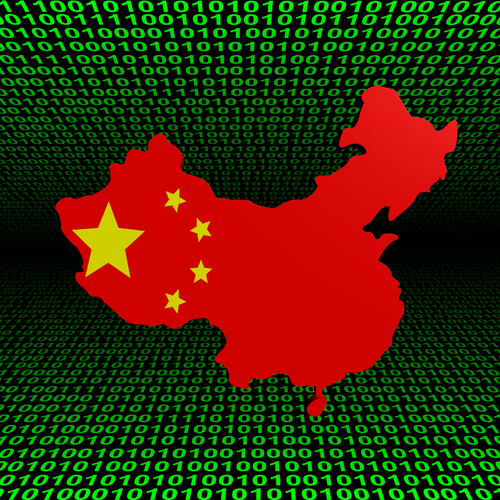

The European Commission’s top trade official is reportedly set to push for an investigation into the trade practices of Chinese telecommunications equipment makers Huawei and ZTE.
Karel De Gucht, the European Commissioner for Trade, will seek European Commission support for the probe at a weekly meeting on Wednesday, according to a Monday report from the Wall Street Journal, citing an unnamed European Union official. The report comes as the EU is tightening its restrictions on products imported from China, with measures including planned tariffs of up to 68 percent on Chinese solar panels.
De Gucht has not, however, decided whether to launch the probe, according to the Journal’s source.
Such an investigation would be unusual in that it would be launched at the EC’s own initiative, rather than in response to a complaint by an EU company. Indeed, European companies such as Ericsson have said they would oppose an investigation.
China is the world’s largest mobile market with 1.1 billion subscribers.
At issue is whether Huawei and ZTE have unfairly benefited from Chinese government funds, including cheap credit from state-owned banks, enabling them to sell goods such as wireless base stations into the EU at unfairly low prices.
Chinese equipment providers have taken a large proportion of the EU base station market over the past five years, including winning major EU 4G contracts last year, while negotiations between the EC and China over minimum prices for telecoms equipment have so far failed to produce results.
Huawei and ZTE have denied receiving illegal subsidies.
Ulf Pehrsson, head of government and industry relations at Ericsson, told the Journal that the company does not support “unilateral” trade actions. “The EU faces the risk of initiating a negative spiral by targeting individual firms,” he said.
Pehrsson argued that a better solution would be the specification of international guidelines for government export financing.
Last week the EC agreed to impose punitive import duties on Chinese solar panels to guard against what it argues is the dumping of cheap goods in Europe. China called for further dialogue, while the German government on Monday said it would prefer an “amicable solution”.
The Commission is expected to seek further negotiations on the solar panel issue with new Chinese commerce minister Gao Hucheng ahead of a December deadline to finalise the tariffs for up to five years.
The US is also increasing its scrunity of Huawei and ZTE. The US House Intelligence Committee released a report in October 2012 which warned that Huawei and ZTE posed a threat to national security and urged branches of the government overseeing sensitive systems to refrain from purchasing equipment from the pair.
These concerns have notably introduced complications into US telco Sprint’s planned $20.1 billion (£13.2bn) merger deal with Softbank, Japan’s third-largest wireless carrier.
Huawei and ZTE have denied they are a threat to US national security.
Do you know all about 4G and the mobile future? Take our quiz.
But will Beijing or ByteDance allow sale? Amazon joins potential bidders for TikTok in US,…
Elon Musk dismisses report that Trump told cabinet that he expects Musk to leave his…
Mark Zuckerberg is reportedly lobbying President Donald Trump for a settlement to avoid antitrust trial…
As global markets reel from Trump's tariffs, the price of Bitcoin slides as investors seek…
Semiconductor imports are free of Trump's tariff war, but concerns remain over imports of smartphones…